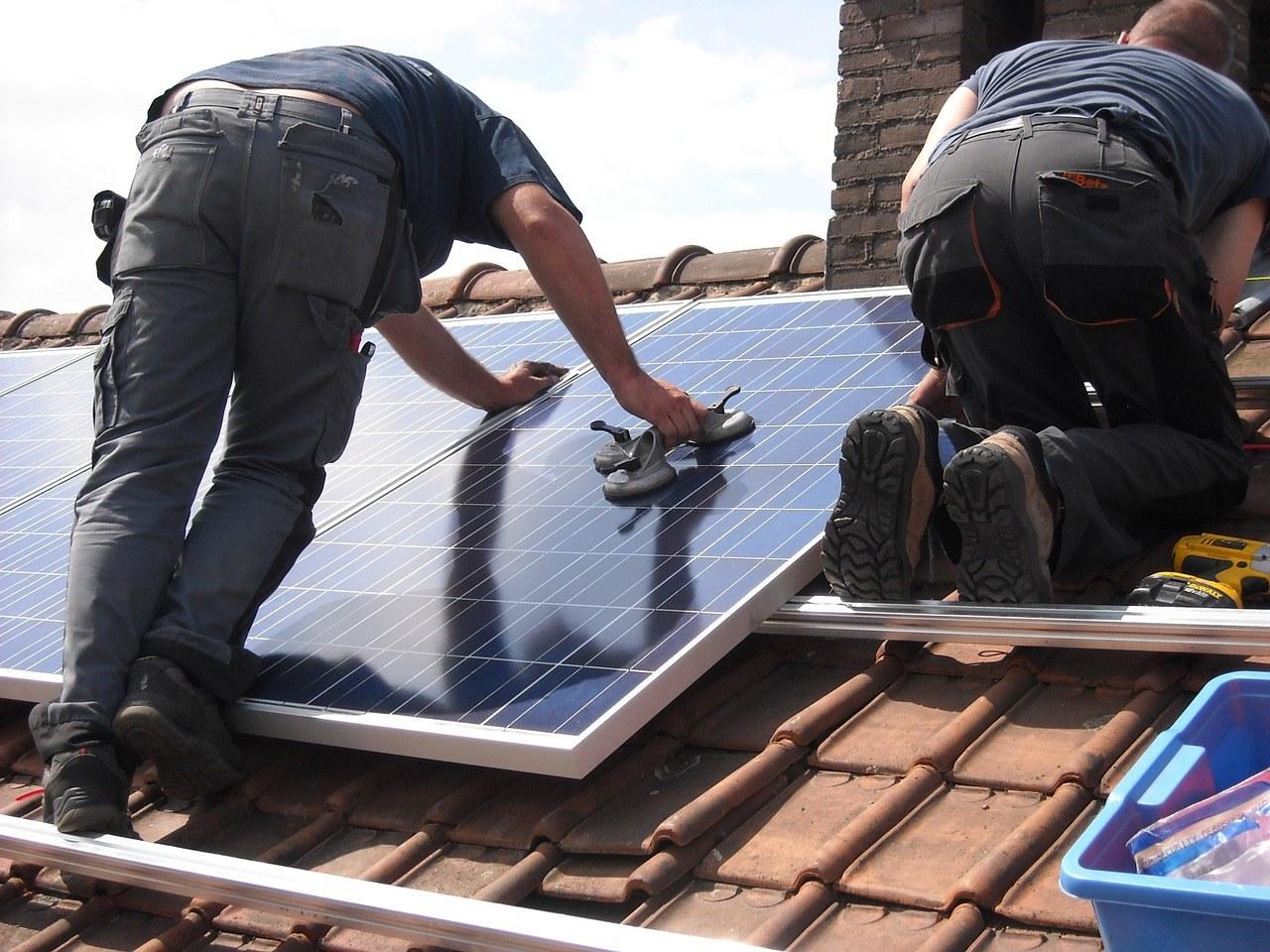
By Kiran Bhatraju
One of our wise advisors once told me, “There are two businesses: building a new widget or creating an innovative way to market, distribute, and finance that widget.” When it comes to solving our climate crisis, Bill Gates thinks we need the former, but a carbon-free world actually needs entrepreneurs to focus on the latter.
Energy revolutions don’t happen quickly or often. In fact, they take centuries. We had fire, steam, fossil fuels and, today, we finally have clean, renewable energy. The renewable technology stack (solar, wind and efficient products, to name a few) is strong, with decades of iterations producing reliable and cost-competitive products.
With wind and solar at record low costs, deployment is where entrepreneurs should focus. The economist Carlota Perez defines two stages of industry change: installation and deployment. A lot of capital is thrown at the shiny new invention in the installation phase. But significant capital is returned to entrepreneurs and limited partners in the deployment phase through creative ways of distributing, marketing and financing.
Studies show that all we need to do is install more panels, turbines and efficient products to get us to 100 percent emissions-free energy. Clean-energy founders should take lessons from Jigar Shah, one of the original founders of SunEdison, who didn’t invent a new technology but made an innovative technology accessible.
Innovation to deploy solar
Only a handful of wealthy folks can afford the $20,000 to $30,000 needed upfront for rooftop solar arrays. But Shah’s solar power purchase agreement (PPA) enabled anyone to amortize the cost of the panels and opened up solar ownership to an entirely new class of customers. Elon Musk and Lyndon Rive followed suit with SolarCity’s leases, institutional financing, and multi-channel marketing campaigns that took distribution to a scale that poses a threat to utilities nationwide.
We need more innovative ways to market, distribute and finance solar and wind. My company, Arcadia Power, does just that by coupling a behavior nearly everyone does every month — pay a power bill — with clean energy through renewable energy certificates (RECs).
REC markets have existed for decades but with little innovation, and traditionally, only Fortune 500 companies and local governments were able to participate. An REC market acts as a type of carbon market, where instead of a tax on pollution, the positive externalities of renewable production are subsidized by the market. Arcadia Power is giving customers access to these markets nationwide for the first time and for free, making it easier for the average consumer to make an impact.
In addition, Arcadia Power’s community solar has the potential to completely replace the efficacy of rooftop solar. Community solar comes in many forms, but the basic premise is a centralized solar array that allows customers to subscribe to some portion of the output and receive bill savings.
Community solar solves two of utilities' biggest gripes with rooftop solar:
- Utilities don’t want thousands of nodes on a distribution grid that was never built to go back-and-forth, and
- Potential grid defection.
We’re working to take community solar nationwide, giving solar savings to the 80 percent of Americans who could never put solar on their roofs otherwise. Because of its mass-market appeal, community solar may end up being the most important business model innovation in the solar sector since the PPA.
Inspiration from other industries
We can look to other industries for examples of successful business model innovations that scaled as well. Airbnb took existing idle assets (homes and apartments) and built a marketplace to make Airbnb larger than traditional hospitality leaders like Hilton and Marriott. Even more obvious are the examples in transportation, where Zipcar popularized car-sharing while Uber, Didi and Lyft changed how we move through ride-sharing.
In a progression seen over and over again by successful business model innovation companies, Uber is now one of many firms leading research and development in autonomous cars. This technology might not be where it is today had profits not been rolling in from the business model innovation that preceded it.
Airbnb didn’t invent couch-surfing, Uber didn’t invent car-pooling, and Jigar Shah didn’t invent solar power. But they each made accessing these services easier for the consumer. Instead of focusing on Bill Gates’ moonshots, clean-energy entrepreneurs should use the impressive solar, wind and software technologies we already have to get us to a renewable energy future — faster.
Image credit: Pixabay
Kiran Bhatraju is the Co-Founder and CEO of Arcadia Power, the first nationwide renewable energy company. Bhatraju and founding partner, Ryan Nesbitt, created Arcadia Power with the mission to change the way America consumes energy – from fossil fuels to renewables. Previously, Bhatraju was a founder of American Efficient, an energy efficiency technology company, and worked as a policy aide on Capitol Hill. He is on the board of the Environmental Voter Project and is a published author.
TriplePundit has published articles from over 1000 contributors. If you'd like to be a guest author, please get in touch!














